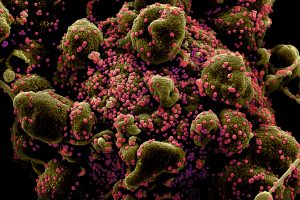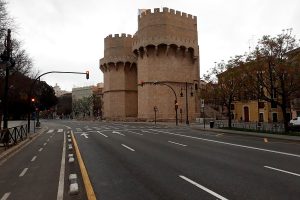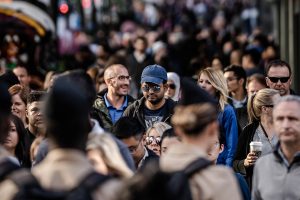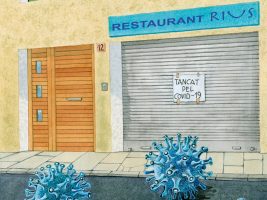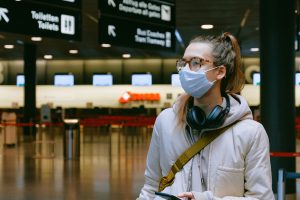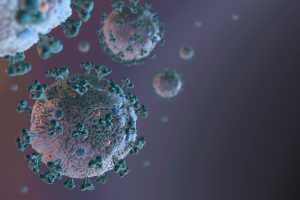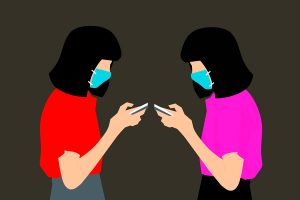Search
During the quarantine, the song of swallows at sunset or the soft dance of the leaves have become shows bringing spring to our balconies.
We need to rethink many aspects of our daily lives, of our values, of our economic and cultural practices; in short, of our coexistence with the rest of nature and, especially, of our respect for non-human animals.
In addition to protective isolation, enhanced medical capacity, safer sociality and health oriented economic stimulus, we will need to turn our hearts, hands, and minds to reweaving and strengthening the complex and vital social web.
Is the planet benefiting from a halt in human movement? Is pollution decreasing? Experts from the Polytechnic University of Valencia and the University of Valencia reflect on the environmental impact of confinement policies.
Most probably, the current coronavirus1 pandemic represents the uncertain epilogue of an epidemiological period marked by the renewed prominence of the infectious disease in the last decades of the twentieth century
The threat of infectious diseases has been constant in the history of humankind. 75 % of new emerging human infectious diseases in the last thirty years have an animal origin, and 17 % are transmitted by a vector.
Next time we could be facing an even deadlier virus than SARS-CoV-2. Now is the perfect time to start working.
The history of coronaviruses as human pathogens dates back to the mid-1960s, when they were first isolated from respiratory tract samples extracted from adults with symptoms of the common cold. Currently, seven types of coronavirus are known to infect humans.
The current healthcare crisis forces us to reflect on the way to act, the resources available to science, or the importance of good communication.
Knowing the detailed genomes of viruses and their phylogenies allows us to understand the origin of the outbreak. Was it a zoonosis from bats or were other hosts involved? Where did this fatal transition occur? What is the rate of change of the virus?


